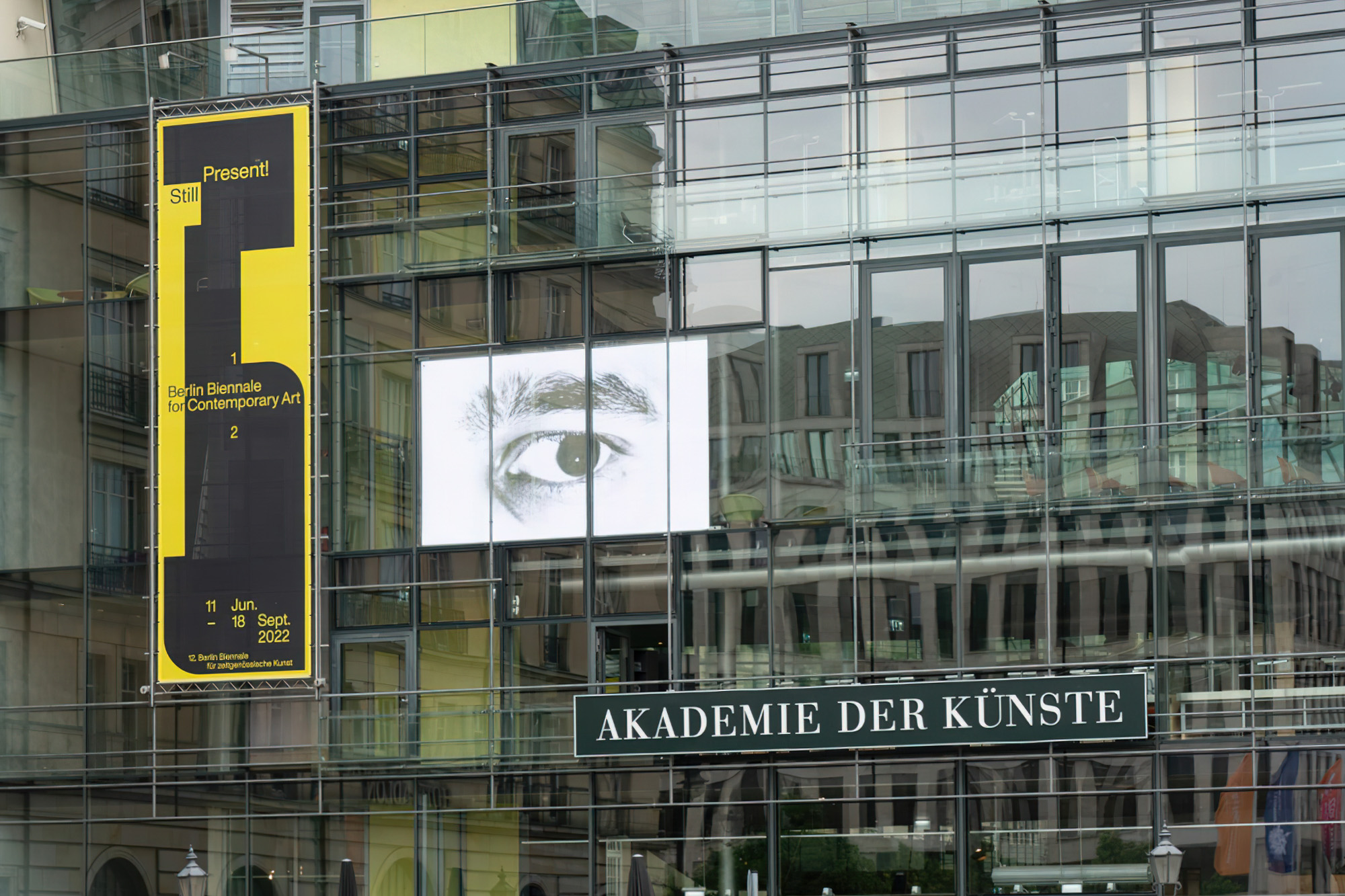News
Iraqi Artists Withdraw from Berlin Biennale


On August 16, Iraqi artists Sajjad Abbas, Raed Mutar, and Layth Kareem quit the 12th Berlin Biennale. Their exit was motivated by the display of Jean-Jacques Lebel’s installation Solvable Poison. Scenes from the American Occupation in Baghdad (2013) in the exhibition. Lebel’s labyrinth structure is covered in photos of physical and sexual abuse taken by the American soldiers who perpetrated these actions at Abu Ghraib prison during the 2003–11 war in Iraq. Abbas, Mutar, and Kareem criticized the curatorial team for the “commodification” of tortured bodies and “the instrumentalization of [their] work and identities as Iraqi.” The Biennale justified the exhibition of Solvable Poison, explaining, “If we do not show these images again and again, then we are protecting those responsible for these crimes.”
The three Iraqi artists’ works were all originally shown in close proximity with Solvable Poison at the Hamburger Bahnhof museum. In particular, Abbas’s video installation I Can See You (2013) was split and flanked Lebel’s installation. I Can See You’s video component, which documents a public intervention where Abbas painted the titular phrase on a building that faces Baghdad’s Green Zone and hung a banner featuring his eye, was placed at the entrance of the labyrinth. Below the video was a yellow trigger warning for Lebel’s work that reads, “These images can trigger negative or retraumatizing reactions.” The second part of Abbas’s work, which is the banner seen in the video, was located at the other end of Lebel’s structure. As such, to see the whole of Abbas’s work, viewers were forced to walk through Lebel’s installation.
In an open statement published in Artforum on July 29, Iraqi artist and curator Rijin Sahakian, who initially facilitated the inclusion of the Baghdad-based artists’ works in the Biennale, criticized the curation and Lebel’s work. Sahakian writes: “Images of leashing, electrocution, and mass rape reinforce the long-standing portrayal of the Arab, the Iraqi, as animal, both disposable and in need of being controlled, warred upon. This work did nothing but enforce and enlarge these tactics.” She also mentions that Ana Teixeira Pinto, a member of the Biennale’s artistic team, resigned from her position due to “content-related differences revolving around the presentation of Jean-Jacques Lebel’s work,” as confirmed by the Biennale’s spokesperson. Sahakian urged the curatorial team to “reconsider their inclusion of [Lebel’s work] or to recognize the rights of Iraqi artists to be consulted and to be heard.”
In response, on August 15, the curatorial team of the Berlin Biennale, led by Kader Attia, formally apologized but argued for the inclusion of Lebel’s work. “We understand that [Lebel’s work] activates pain and trauma. However, we deemed it important not to indulge the impulse to turn a blind eye to a very recent imperialist crime—a crime conducted under military occupation that was quickly brushed under the rug with the intention of prompting a swift forgetting.” The artistic team also noted that they had already relocated the artworks by Mutar and Abbas to a new venue, “in close consultation with the artists.”
In their announcement of their withdrawal, made one day later, the artists and Sahakian retorted: “Asking for the responsible handling of criminal evidence of war crimes is not a form of erasure, it is the assertion of a collective Iraqi voice against the perpetuation of the occupation’s violence. [The curators have] directed readers to elevate Lebel’s exploitative, fetishizing repetition of this violence, reproduced in an artwork made without consultation with the victims, as work for justice. The curators make this claim by listing their decolonial credentials while at the same time lecturing us on how to understand our own history.” This letter has collected more than 400 signatures at the time of writing.
An August 18 statement from the Berlin Biennale said: “We respect the artists’ decision, although we regret it very much.” The Biennale’s artistic team said they would welcome a public discussion with all parties involved to continue the dialogue.
Pamela Wong is ArtAsiaPacific’s associate editor.







